Finland’s success has always been strongly dependent on the international operating environment. Reliable institutions, competitive industry and international trade have made Finland into one of the world’s most prosperous welfare states over the past 50 years.
However, a good position does not maintain itself. Globalisation and increasing interdependence, combined with continuously accelerating technological development, intensifies competition, requiring constant alertness and an ability to adapt. Changes have also brought about new challenges, such as the accelerating climate crisis, increasing inequality and, as a consequence, the rise of populism.
Threatening scenarios have therefore increased, but so have the accompanying opportunities. The world is desperate to find solutions to different environmental and societal problems. This opens up huge opportunities for a small, open and competent country, such as Finland. We can develop pioneering solutions to various global challenges.
Global challenges will be solved only through co-operation
The solving of ecological and societal problems requires new approaches, that is, in-depth co-operation between the public and private sectors, as well as between people. The public sector is needed for changing the market framework, the private sector for developing innovative ideas, and people are expected to act more responsibly than before.
And this is not all. These new Public-Private-People-Partnership (PPPP) strategies must be developed internationally from the very beginning, following the “born global” philosophy. We must succeed in selling our concepts to the world and create new reference projects that raise international interest and bring the world’s best professionals to Finland. This approach will enable in-depth learning and the rapid spread of ideas, and generate new export and investment opportunities for Finland.
With such a trajectory, Sitra has gained more international influence over the past years, particularly in the areas of the circular economy, the human-driven data economy and the democratic development of society.
This is also in the interests of Finland: while the phenomena mentioned above do not recognise national borders the solutions must be developed globally, using what can be termed lead markets.
WCEF, data economy, democracy
One practical example is the world’s leading circular economy event developed by Sitra, WCEF (World Circular Economy Forum). It is our international flagship product, which attracted more than 1,600 participants from approximately 100 countries to Helsinki last year, and 1,300 participants from 80 countries to Yokohama in Japan this year.
In 2019, WCEF will be organised in Helsinki, immediately before Finland’s EU Presidency, and thereafter in Canada in 2020. We can already say that we have achieved significant international visibility and effectiveness with this concept. Japan has committed itself to raising the circular economy as its pioneering theme next year, when it will host the G20 Leaders’ Summit. We have thus opened up “a shop window” onto the pioneering ideas of the circular economy in Finland’s private and public sectors.
Our second project, which has been international from the very beginning, is related to the human-driven data economy, in which Europe has a great opportunity to create an entirely new model with which people can manage their own data. The American model is known to be controlled by a few large companies (the “GAFA” companies – Google, Apple, Facebook and Amazon), while the Chinese model is based on state control.
In either case, people are increasingly concerned about what their personal data is used for. The model that Sitra has been working on together with its European partners is based on the idea that people themselves control their data: who they give it to and for what purposes. If and when we succeed in this, we will create a European and more democratic IHAN® standard, which we hope will spread to the rest of the world, in the same way the GSM mobile phone standard did in its day. This would provide people with a confidence-inspiring way to manage their data and create substantial new business opportunities for Finnish and European companies.
Sitra’s work in the development of democracy has also aroused international interest. The OECD and Vision Europe, a network of eight European think tanks, are among those interested in Sitra’s Timeout experiments to improve participation and our initial efforts to develop more strategic and agile administrations.
Therefore, there is still a pressing national, and increasing international, need for a think and do tank such as Sitra. The world is packed with ideas workshops, but change agents, such as the Finnish Innovation Fund Sitra, cannot really be found elsewhere, despite the major global challenges requiring bold new visions and experimentation across sectoral and national borders.
As defined by law, Sitra’s mission is to increase Finland’s quantitative and qualitative growth, and to promote international co-operation. Finland’s cause can no longer be served only from Finland. Therefore, an increasingly international Sitra is also beneficial to Finland.
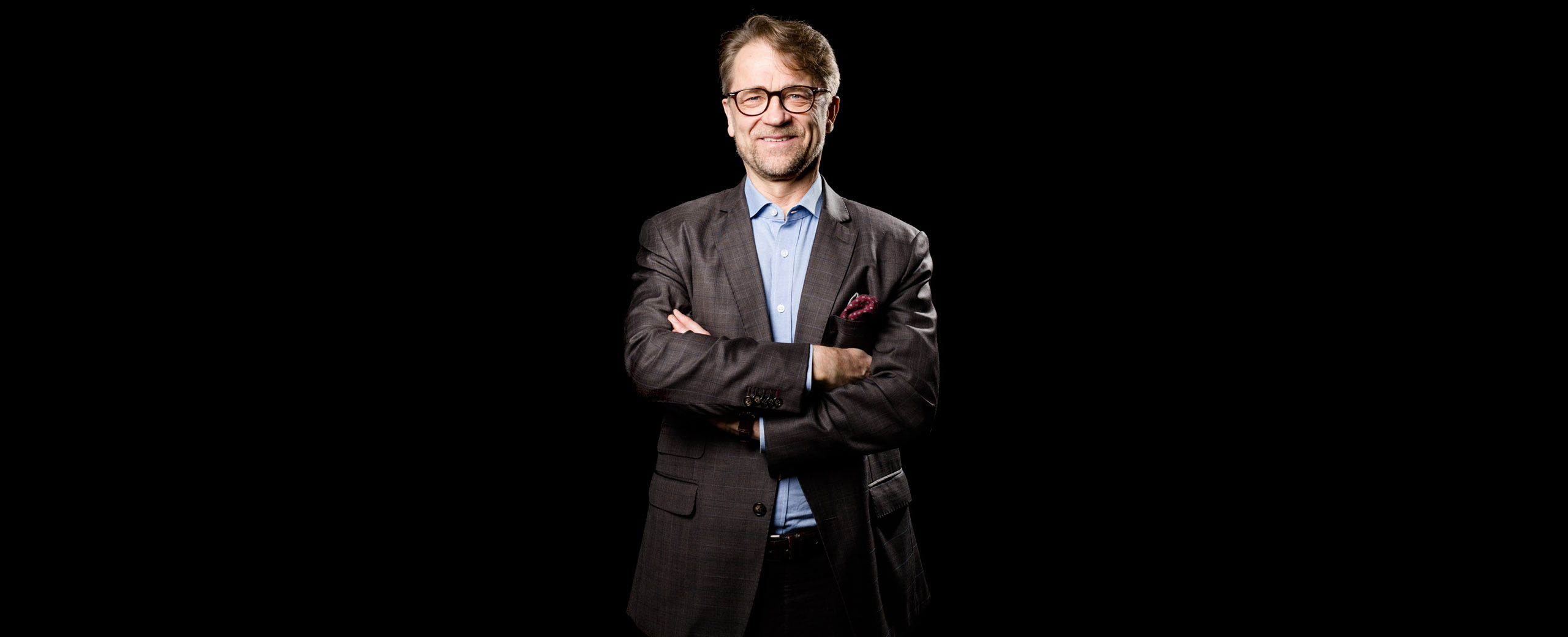

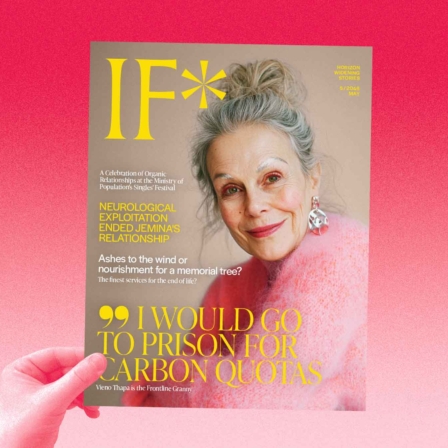
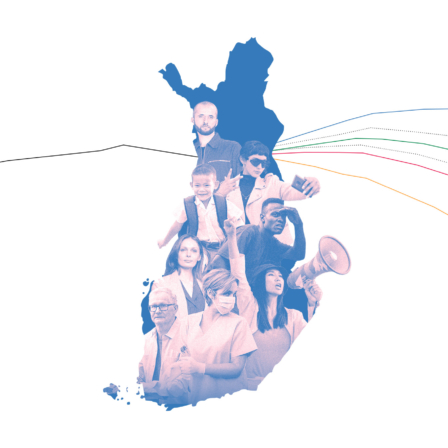
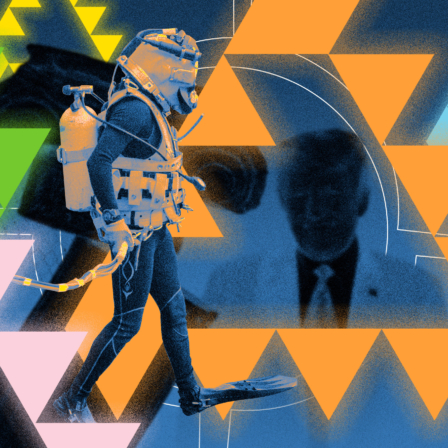
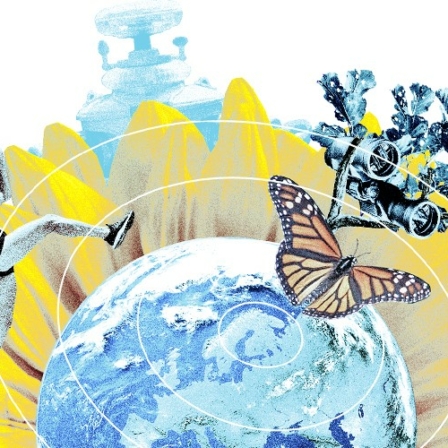
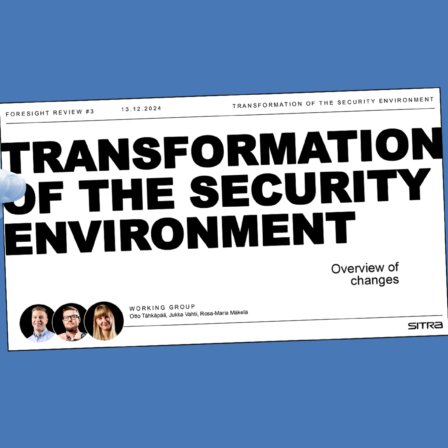

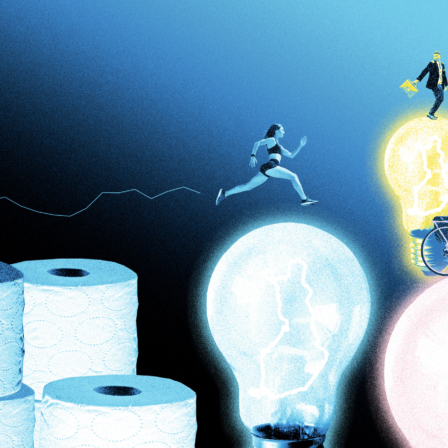

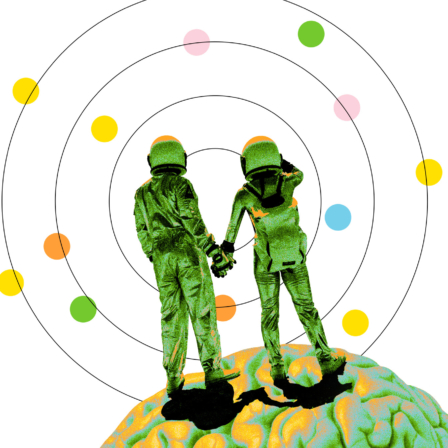

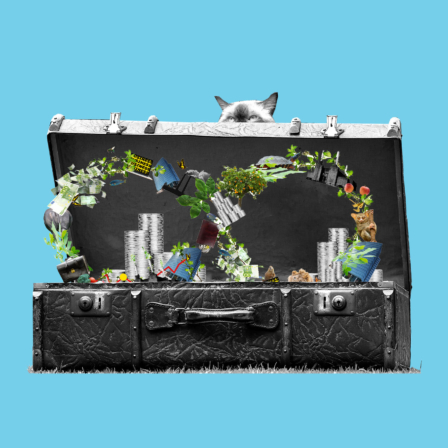

Recommended
Have some more.